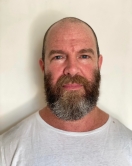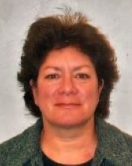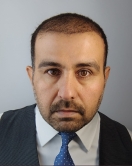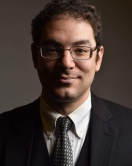Training/continuing education for journalists
Every day and every week, thousands of newspapers, periodicals and magazines are published in Germany, while dozens of radio and TV stations add to the mix, making journalism a particularly diverse line of work. Most media houses require an extensive educational background as well as a talent for presenting content in an intriguing and interesting way. Solid research is the backbone of professional reporting in any media field, and individual presentation has to be tailored to the appropriate medium.

Although professional journalism may be studied at universities or special journalism schools, journalists may also come from non-traditional backgrounds, e.g. following practical training as a cub reporter. Specialized continuing education classes also allow people to gain basic knowledge in all areas of print and online journalism, which they may implement in customized ways that are targeted to each medium.
The classic path leads through the large publishing houses in Germany, which run their own journalism schools where specialized training is offered. Those who prefer gaining more insight into the theoretical background of journalistic work choose to study at a university. Generally, the job title "journalist" is not protected and may be assumed by anyone who is working in the media field. In the 21st century, the training offered at the publishing houses´ journalism schools focuses on multimedia aspects, with insights into print media as well as radio, TV, public relations and the latest online media.
In recent years, journalism schools that are independent of the established publishing houses have surfaced, which, in spite of some limitations, provide a similarly well-rounded education. The future journalist is responsible for the cost of tuition, which can be quite high. There is no government assistance available. Prerequisite is the completion of prior vocational training or a university diploma. Most independent journalism schools offer online training programs that aren´t bound to a specific location or residence.
For people with non-traditional backgrounds who have been working in other fields, a distance learning program in journalism provides a practical way to gain insight into the basics of journalistic work. The components of such distance learning programs are: news coverage and investigative reports, news and features, satires, critiques, editorials, and specialized subjects such as photojournalism or TV journalism.
USPA advises all those who are interested in an independent journalism school to verify the quality of education offered there. Distance learning programs in particular are lacking practical training, and depending on the reputation of the journalism school, job candidates who have completed practical training as cub reporters may be preferred in the application process.
Journalism, mass media and communication science may be studied at numerous universities throughout Germany. These majors place more emphasis on the theoretical aspect, although some courses are designed with a more practical focus, e.g. by cooperating with other media institutions. The above-mentioned programs of study have drawn much interest in recent years. When planning your studies, take more hands-on aspects such as stage direction and camera work into consideration.
A well-founded theoretical education, along with plenty of practical experience, is key to long-term success in the world of journalism. Members of USPA should not have a hard time finding partners of journalism schools or universities in Germany or the USA.
































